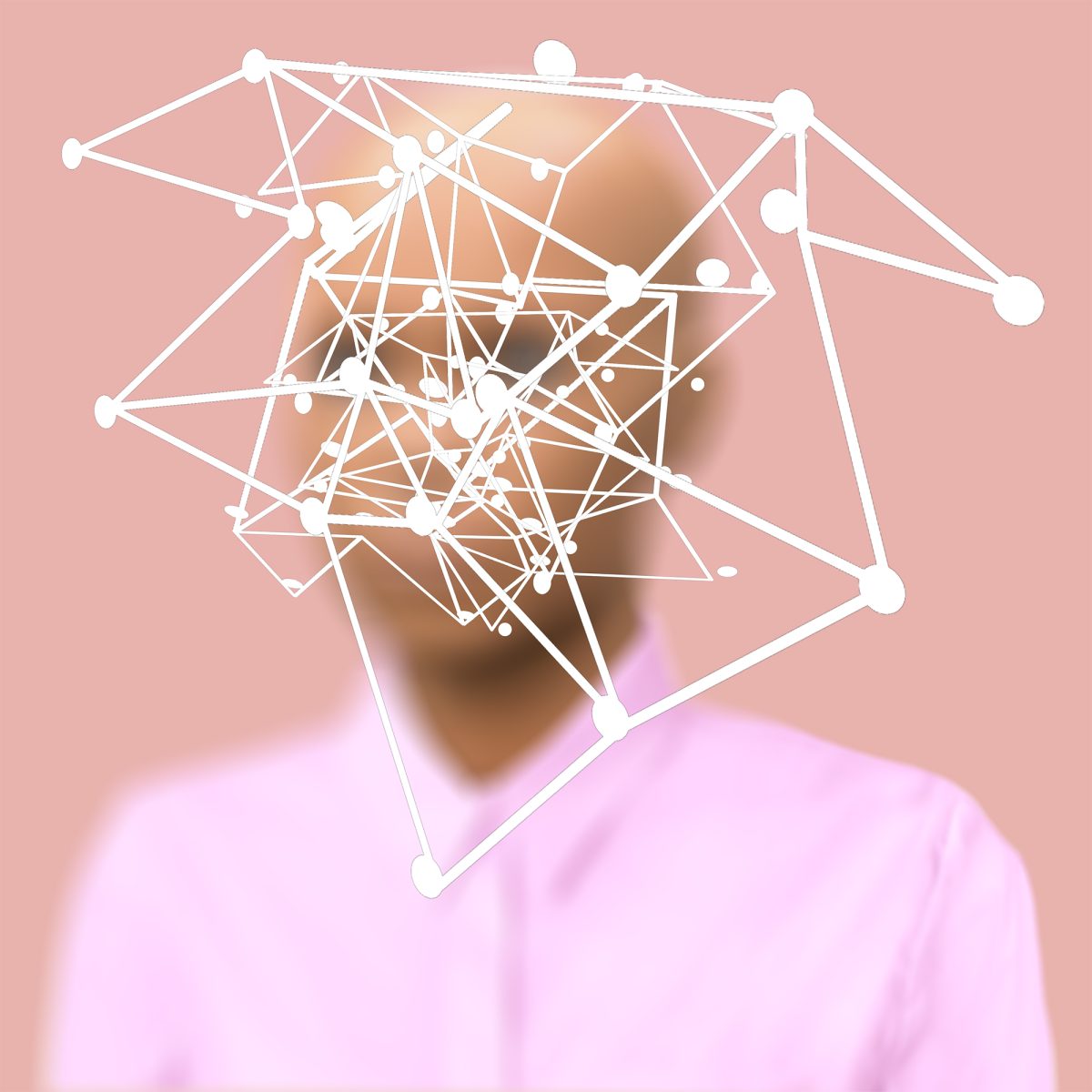Online conversation with the internationally renowned artist, filmmaker and digital art pioneer Shu Lea Cheang at Tallinn Art Hall, within the framework of Beyond Matter.
Online conversation

On Wednesday, March 2nd, from 6 pm, please join us for a conversation with the artist, filmmaker Shu Lea Cheang, moderated by Tallinn Art Hall curator Corina L. Apostol and artist and writer Kristaps Ancāns. How can we look more critically at the internet and social media as technologies of body and gender politics within neoliberal capitalism? How may technology be used to shape performances of gender, enable gender play, and transform bodies beyond conventional sensualities, sensitivities, towards new horizons beyond power structures which we are already used to? In what ways can queering tools of the digital and virtual condition create alternative spaces for other potentialities, more radical futures to be possible?
Shu Lea Cheang’s groundbreaking films and media projects span the course of several decades. They crack through the algorithm of the techno-patriarchy-surveillance complex, queering new horizons for liberated bodies and subjectivities. In her landmark project “3x3x6”, Taiwan’s Pavilion at the 58th Vennice Biennale (2019) she created an immersive installation inspired by the Palazzo delle Prigioni, engaging with architectural control and confinement technologies through the histories of people imprisoned because of their sexual, gender, or racial nonconformity. Her pioneering work BRANDON (1988-1999), commissioned by the Solomon R. Guggenheim Museum and recently restored, is a multifaceted net art project based on the story of trans man Brandon Teena, which uses the participatory and nonlinear nature of the virtual environment to probe human sexuality, break down social assumptions about gender roles and illuminate how the internet enables us to inhabit different characters. During the conversation, we will discuss these as well as other key projects spanning a variety of mediums—film, video, installation, web spaces.
The conversation will deepen the reflections on the virtual condition and its spatial aspects in art production at the core of the Beyond Matter project by emphasizing practices of queer and queering virtuality and present-day networked spaces. Can these artistic practices unleash the potentiality of virtual space from being merely an institution of heteronormative capitalism towards re-made spaces of experimentation that gesture towards liberated queer futures?
The conversation is free of charge. The event will be held in English on Zoom and streamed online. The duration of the conversation is approximately 1.5 hours.
Shu Lea Cheang is an artist and filmmaker whose work aims to re-envision genders, genres, and operating structures. Her genre-bending gender hacking practices challenge the existing operating mechanisms and the boundaries imposed on society, geography, politics, and economic structures. From homesteading cyberspace in the 90s to her current retreat to post-netcrash BioNet zone, Cheang takes on viral love, bio-hack in her current cycle of works. Her noted works include BRANDON (1998-1999), commissioned and collected by Guggenheim Museum, New York; 3x3x6 (2019), representing Taiwan at Venice Biennale 2019. Cheang is currently at work on UKI, a sci-fi viral alt-reality cinema.
Kristaps Ancāns is an artist whose practice investigates the confusion between humans, nature, and machines through a conceptual game with its own artificial intelligence. He works across media in fields of sculpture, text, installation which often contain a kinetic component. Ancāns was awarded the Cecil Lewis Sculpture Scholarship and the Helen Scott Lidgett Award. He is the co-head of POST, interdisciplinary MA Program at the Art Academy of Latvia.
Corina L. Apostol is a curator at the Tallinn Art Hall and the curator of the Estonian Pavilion at the 59th Venice Biennale. She is a member of the steering committee and co-curator of the international collaborative, practice-based research project Beyond Matter. She was the Mellon Fellow at Creative Time, where she co-edited Making Another World Possible: 10 Creative Time Summits, 10 Global Issues, 100 Art Projects. Between 2010-2016 she was the Dodge Curatorial Fellow at the Zimmerli Art Museum. She has been longlisted for the Kandinsky Prize (2016) and the Sergey Kuryokhin Prize (2020).


